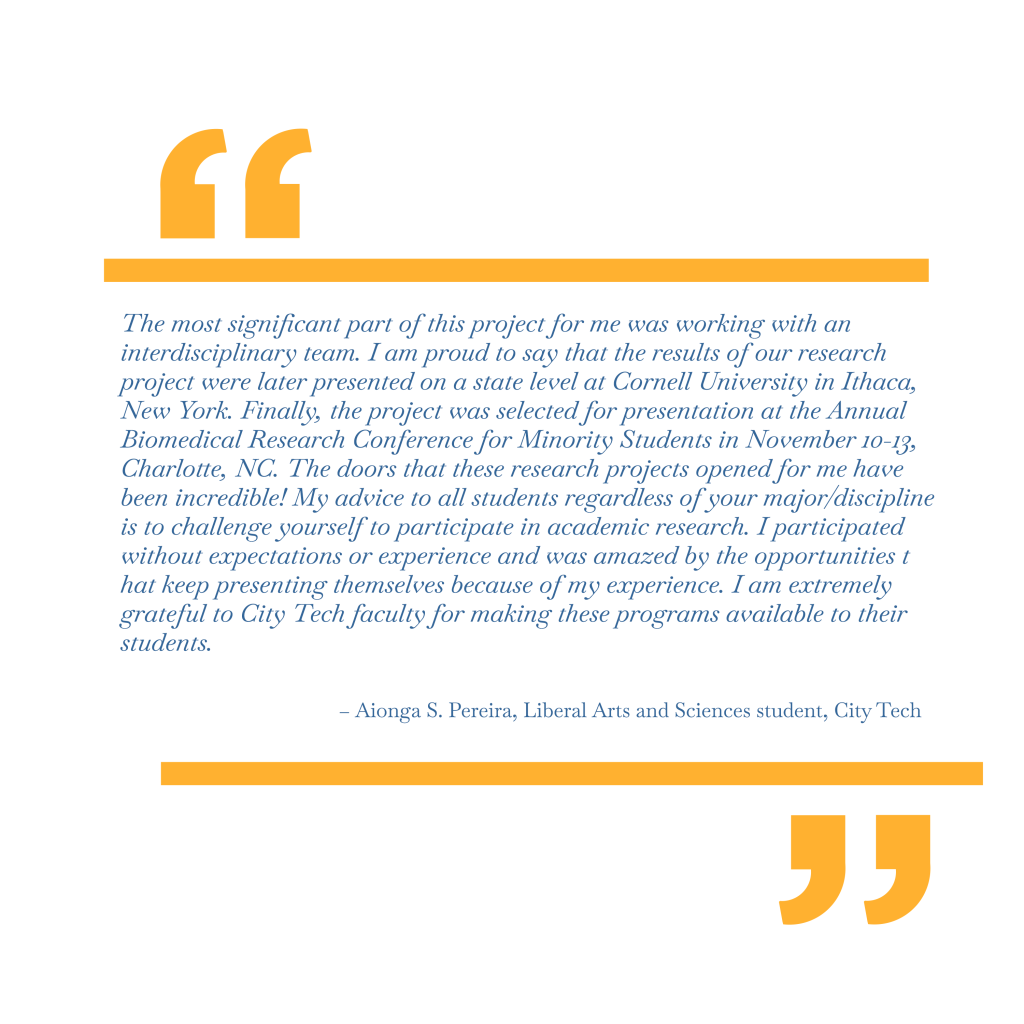Rewards of Mentoring
1.3 Rewards for the Institution
As supported in the literature, the benefits or rewards of mentoring programs for the institution are vast. Institutional mentoring programs have been shown to increase student engagement and help students make broad connections (Center for Community College Student Engagement, 2015) that enrich the learning experience and support the institution’s mission. For the institution, the rewards of mentoring may include:
- Development of engaged citizens through students’ participation in researchable questions to improve society;
- An increase in retention and graduation rates;
- An increased likelihood of students being more career ready;
- An increased likelihood of students being admitted to graduate/professional schools;
- An improvement in the quality of alumni relations;
- Increased eligibility to apply for and subsequently receive grants and other funding;
- Increased student recruitment through positive reports of retention and success;
- Reported improvements in student-teacher relations;
- Retention of students by providing meaningful academic and career involvement; and
- Support for cross-cultural learning.
The benefits of mentoring for the institution ultimately increase its reputation as a center of inquiry, promote the visibility of students and faculty who engage in research techniques, and attract employers who are interested in recruiting passionate, articulate, and curious graduates that will eventually develop creative and cost-effective solutions to help address the various crises facing society today. Mentoring is one of the institutional pillars that directly reflects the institution’s commitment to student development and success.

